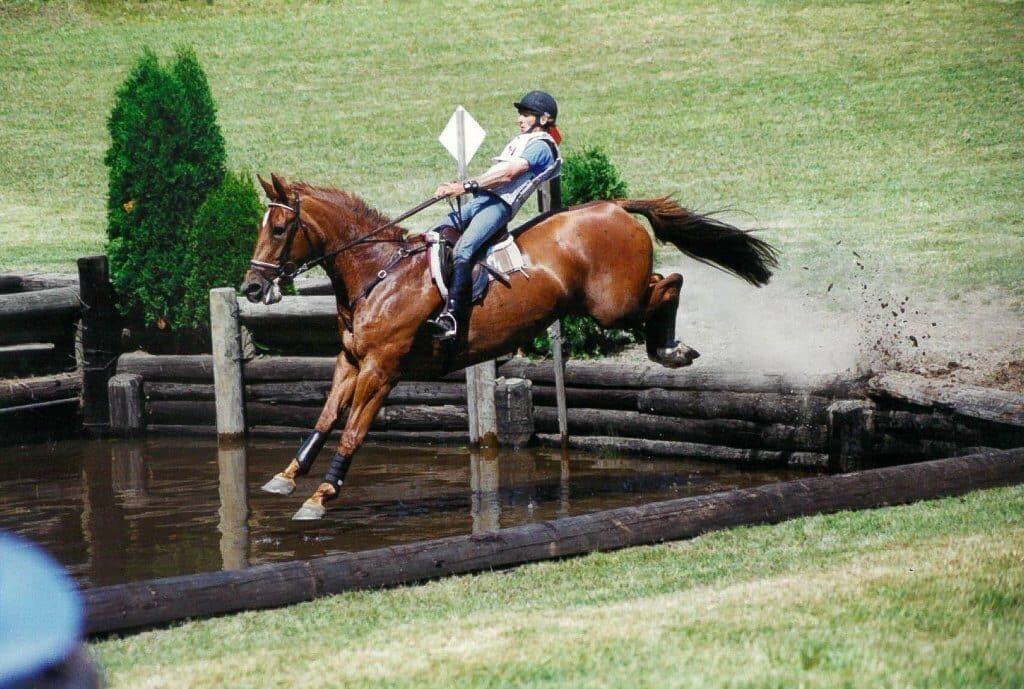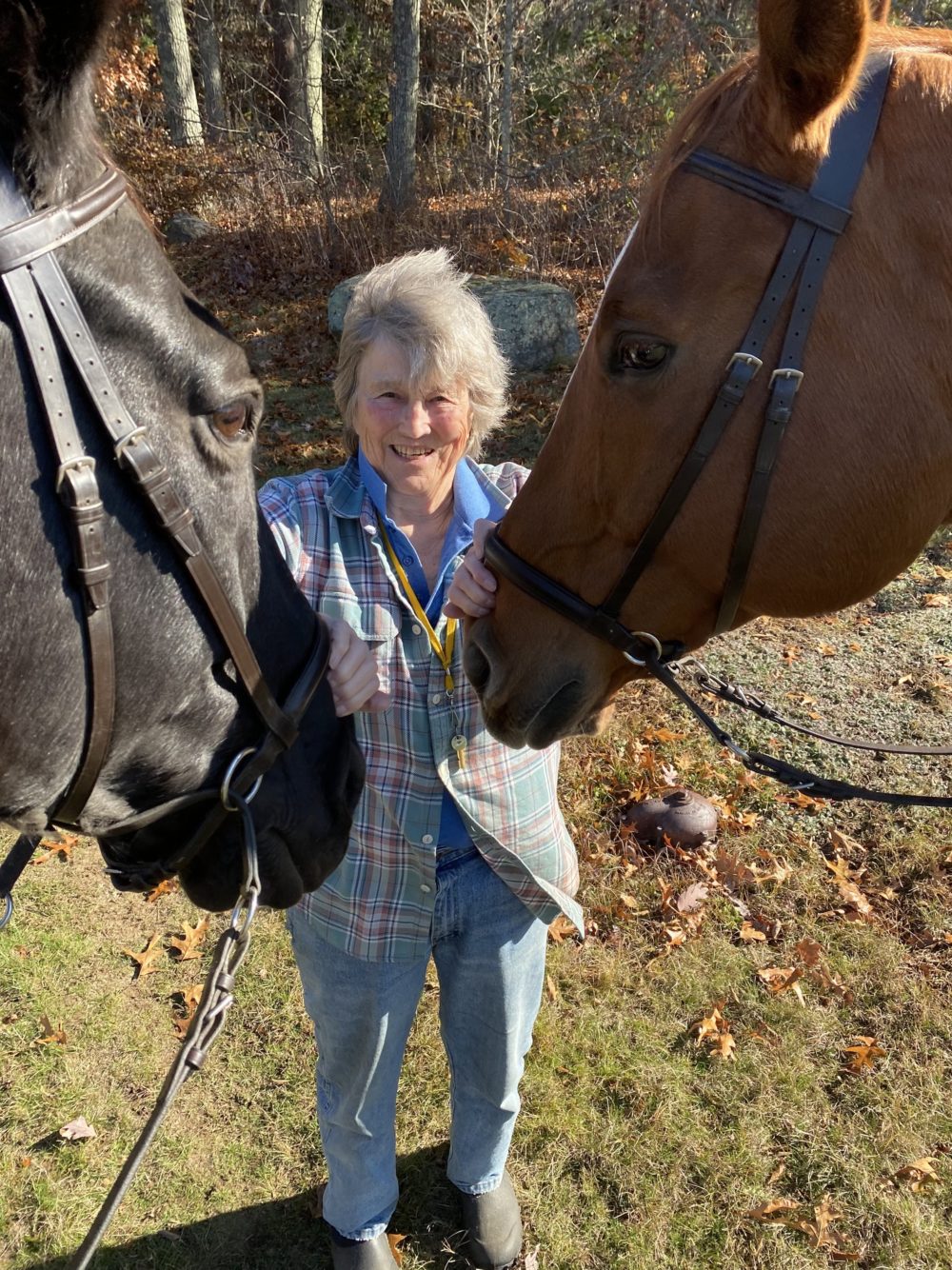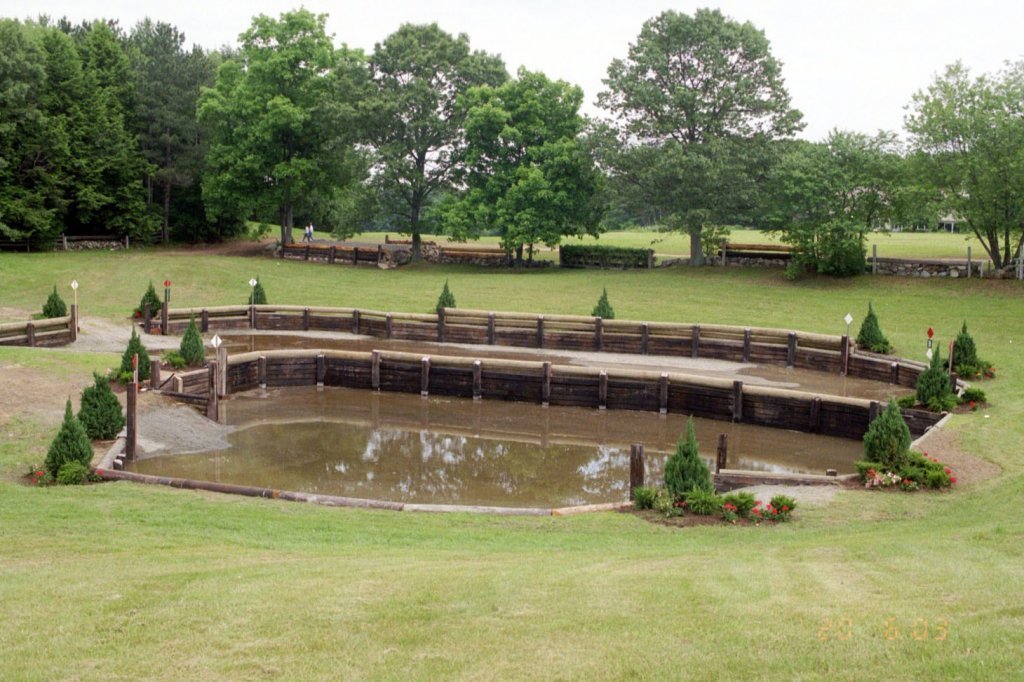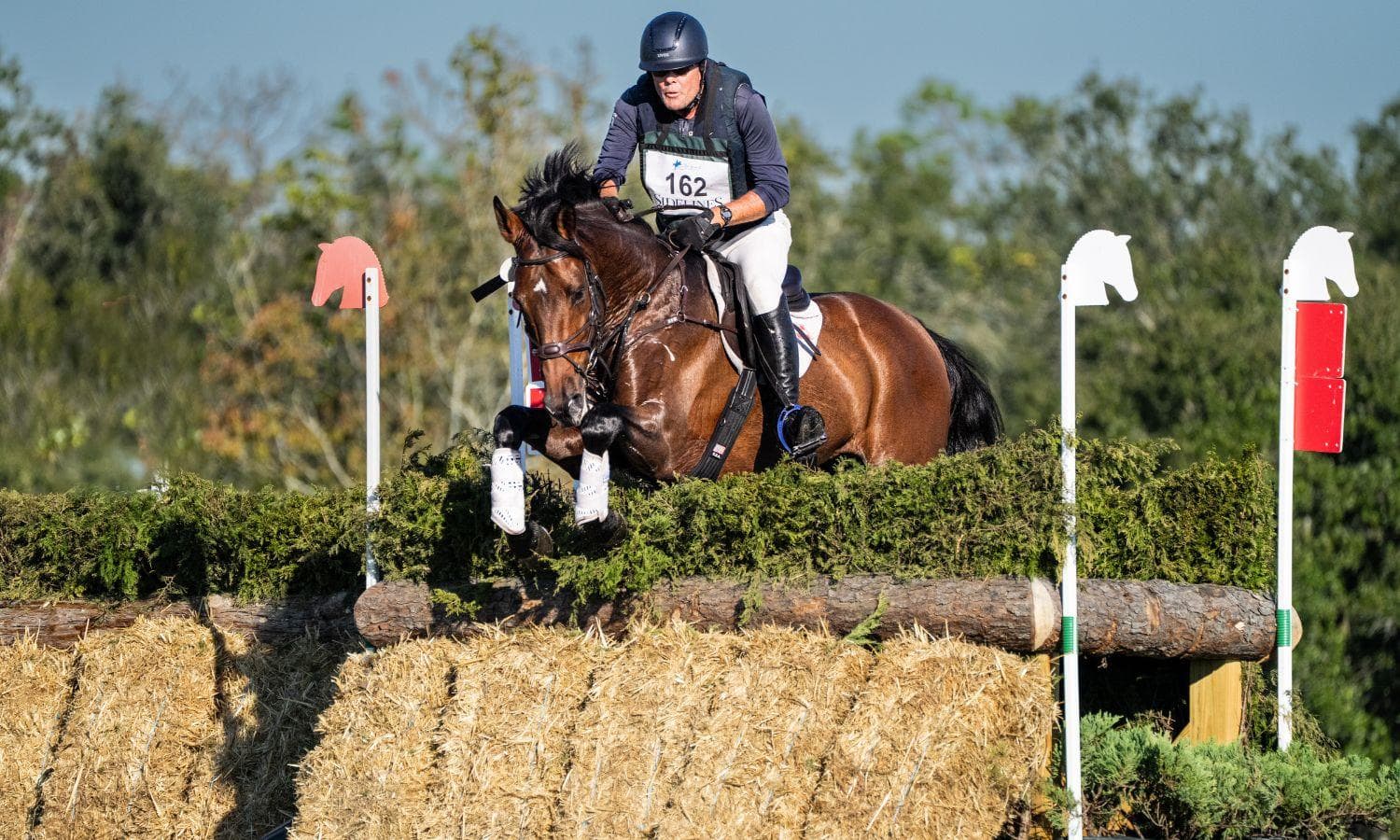Saying Goodbye to the Great Groton House Farm Horse Trials

Groton House Farm in Hamilton, Massachusetts, owned by the Winthrop family, has undoubtedly made its mark on the sport of eventing in America having hosted horse trials for many decades. With the first dating back to the late 1950s, even before the existence of the United States Combined Training Association (USCTA, now USEA), many of eventing’s greatest horse and rider combinations have galloped across the grounds at Groton House. It has been a superb run, but longtime organizer Ann Getchell (a member of the Winthrop family) and the team behind Groton House Farm Horse Trials have decided to retire the event.
“Sadly, having had to cancel twice in the past two years due to the pandemic, and facing an uncertain and in any case limited future, we have concluded that the time has come for Groton House to call it a day. I don't think any of us contemplated the end until fairly recently, but the pandemic has only hastened the inevitable. None of us are getting any younger, and nothing lasts forever,” Getchell shared with the USEA.

“We have had a great run,” she continued. “Thanks to all the people including volunteers, competitors, officials, and farm and logistic support personnel who have made it happen for so long. The game may have changed over the years and we may have been old-fashioned, but I like to think we always did it right: the phases in the right order, courses that actually went across the country, and that glorious victory gallop at the end. We will miss it. Thanks everybody for your loyalty, your help, and your friendship.”
Groton House’s history started with unrecognized events in the 1950s followed by the Groton Horse Three-Day Event. In 1978 the local Pony Club organized the Eastern New England Pony Club Rally at Groton House, in addition to an open horse trial. They never anticipated those early beginnings with only 50 competitors to grow as rapidly as it did. By the mid-1980s, it took two consecutive weeks to accommodate the demand. Groton House saw competitors traveling in from all over the East Coast, eastern Canada, and beyond to compete on the farm. Divisions included Novice to Advanced with over 600 entries and a waiting list at every level. The pinnacle came in the late 1990s when Groton House was chosen as an observation trial for the Atlanta Olympic Team in 1996 and was a mandatory outing for the Pan American Games team in 1999.

In the late 2000s, Groton House returned to its roots as a single weekend horse trials. That however didn’t diminish the ambiance of the full weekend experience for its competitors and spectators from gatherings around the picnic tables in stabling eating fried chicken to the extravagant victory gallop celebrations.
The community will undoubtedly miss competing across the stunning grounds at Groton House and the hospitality of the Winthrop family in sharing their working horse farm with eventers, from juniors, novice riders, to international competitors. The USEA thanks Ann Getchell, the organizing team at Groton House, the lifelong volunteers, and all who made Groton House such a special place to compete for decades.
Read more about Groton House Horse Trials here.















